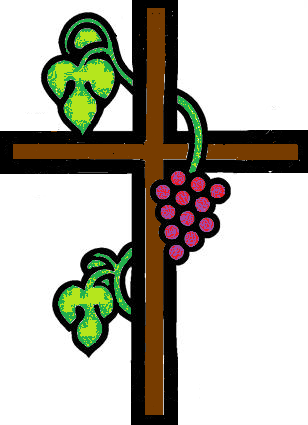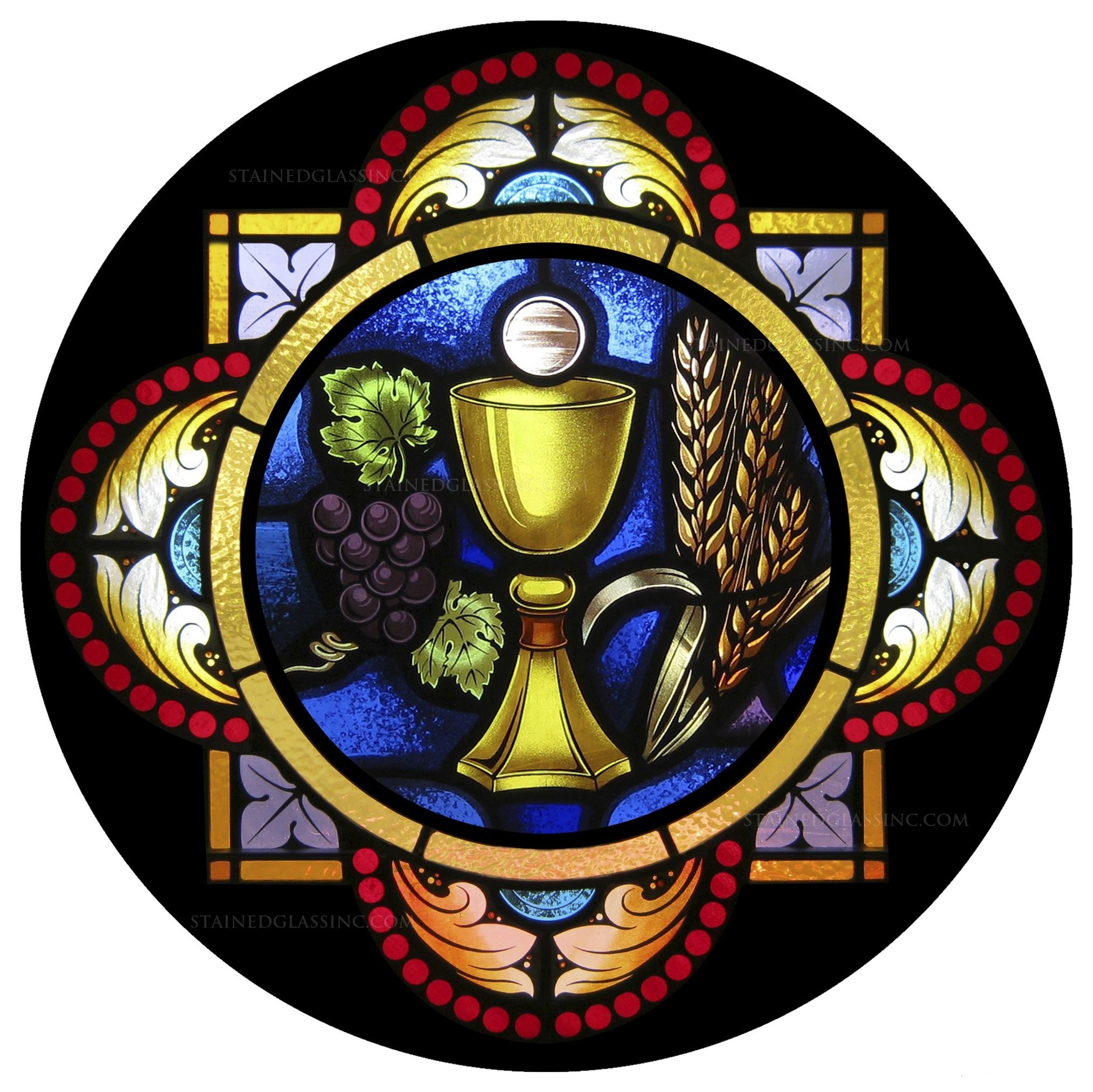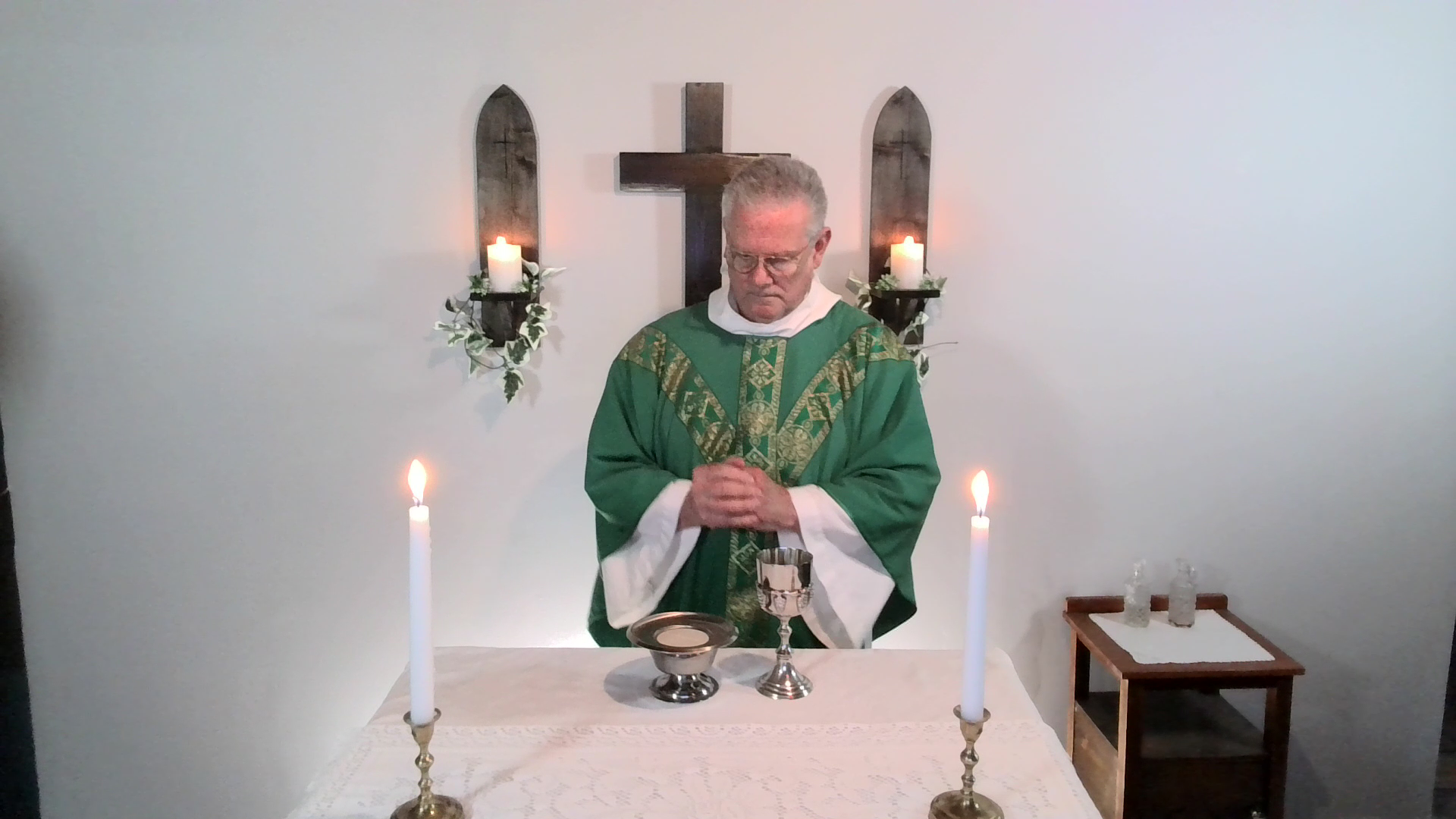|
What
do
Catholic Anglicans believe?
We advocate and defend the ancient
doctrine, ethics and morality that agree with
the original teachings of Jesus Christ. We
encourage personal piety, pastoral devotion,
missionary zeal, and recovery of the beauty of
worship.
We believe and confess Jesus Christ
to be the Way, the Truth, and the Life: no one
comes to the Father but by Him. Therefore, the
Anglican Church in North America identifies the
following seven elements as characteristic of
the Anglican Way, and essential for membership:
1. We confess the canonical
books of the Old and New Testaments to be the
inspired Word of God, containing all things
necessary for salvation, and to be the final
authority, infallible and unchangeable standard
for Christian faith and life.
2. We confess Baptism and the
Supper of the Lord to be Sacraments ordained by
Christ Himself in the Gospel, and thus to be
ministered with unfailing use of His words of
institution and of the elements ordained by Him.
3. We confess the historic
Episcopate as an inherent part of the apostolic
faith and practice, and as integral to the
fullness and unity of the Body of Christ.
4. We confess as proved by most
certain warrants of Holy Scripture the historic
faith of the undivided church as declared in the
Catholic Creeds: the Apostles', and the Nicene.
5. Concerning the seven Councils of
the undivided Church, we affirm the teaching of
the first four Councils and the Christological
clarifications of the fifth, sixth and seventh
Councils, in so far as they are agreeable to the
Holy Scriptures.
6. We receive The Book of Common
Prayer as set forth by the Church of England in
1662, and as ratified by the Protestant
Episcopal Church of the United States of America
in 1789, together with the Ordinal attached to
the same, as a standard for Anglican doctrine
and discipline, and, with the Books which
preceded it, as the standard for the Anglican
tradition of worship.
7. We receive the Thirty-Nine
Articles of Religion of 1571, taken in their
literal and grammatical sense, as expressing the
Anglican response to certain doctrinal issues
controverted at that time, and as expressing the
fundamental principles of authentic Anglican
belief.
8. We affirm and confess that
marriage is between one man and one woman.
9. We affirm that how we behave
in thought, word, and deed effects our personal
relationship with God.
|




